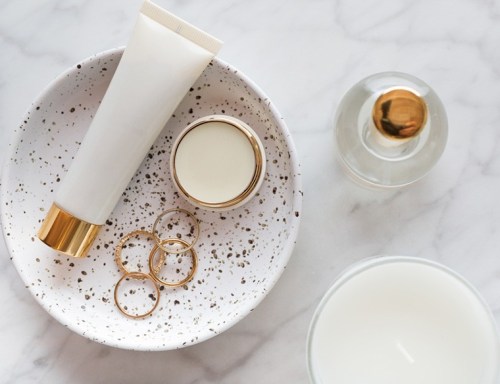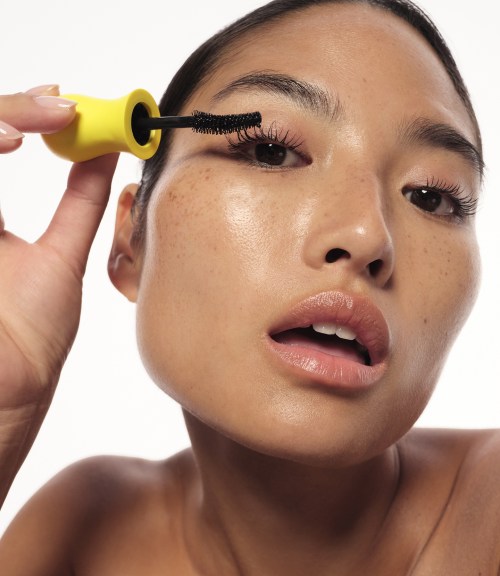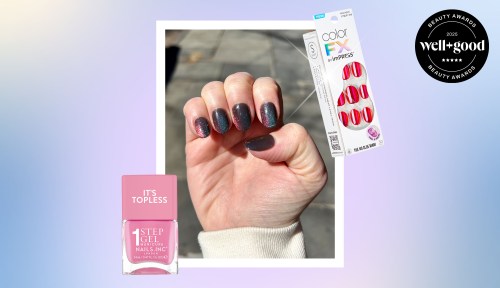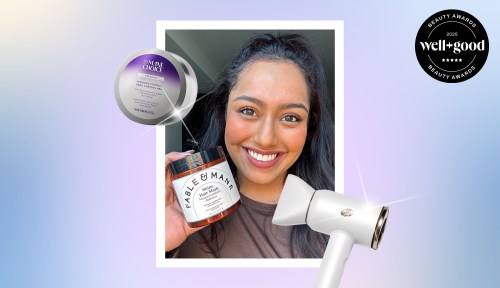When it comes to skin care, there are two camps: those who are die-hard, single-brand loyalists, and those who prefer to pick and choose products for a curated regimen. But is one way better than the other?
If you read the directions on any skin-care product, it’s likely it’ll say to use it with other items in the brand’s line. Of course, with zillions of serums, moisturizers, and masks on the market, how could you not be tempted to mix and match—especially when new products launch and receive rave reviews?
I sought to get to the bottom of the matter, once and for all.
Keep reading to see the advantages of using one skin-care line versus a variety.
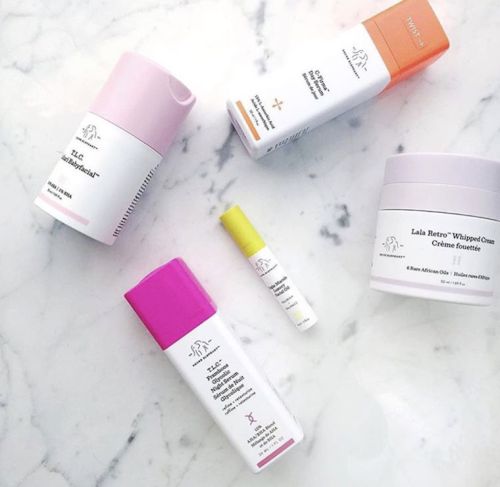
The loyalist
There’s a reason why brands typically provide you with an entire regimen. They want to be a one-stop shop for all of your glowy complexion needs—and have done the research to be able to do so.
“An advantage to staying with a particular brand is knowing that all of these products have been formulated to be used with one another or layered over one another,” says Francesca Fusco, M.D., a dermatologist at New York City’s Wexler Dermatology. “They’ve been tested on skin to give optimal results when working synergistically together.” I can attest to this: I’ve been using the Drunk Elephant skin-care system (complete with a glycolic night serum, a vitamin C day serum, a moisturizer, and a sunscreen) and have seen near-instant cohesion on my complexion.
James Hammer, a Boston-based cosmetic chemist, agrees that there’s a perk to using a single line. “Products made by one brand have been specifically designed to be used together, particularly if presented as a regimen,” he says. “Care has been taken to ensure the ingredients of one formula won’t interfere with the effectiveness of the ingredients of another.”
Another major plus? If you’re admittedly lazy or a minimalist, this is definitely the way to go. “Across the board, it’s probably safer to stick with one brand if you’re not going to read labels and you’re not so sure about skin,” notes Dr. Fusco. “It’s low-maintenance for when you just want to pull everything you need off of one shelf.”
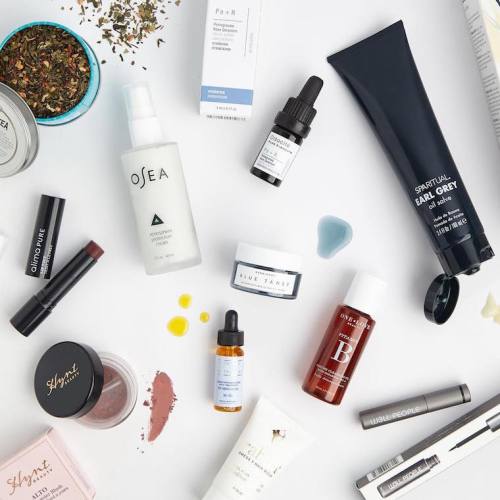
The curator
Picking and choosing for a robust, diverse top shelf has its perks, though. “In general, it’s usually okay to mix and match products from different brands without encountering too many issues,” says Hammer. “With trial and error, you can typically determine which combinations work well for you and which ones don’t.”
The thing is, it’s not laid out for you which products are going to be good for your particular skin if they’re not specifically meant to be used together. “I find that the problem lies in product labeling,” says Dr. Fusco. “If something’s labeled anti-aging or rejuvenating and you don’t know which ingredients in it are doing that, you could be overdoing it with really strong ingredients.” For example, she explains that retinol and glycolic acid can be too strong to be used in tandem.
“You could risk becoming very dry or, at the other end of the spectrum, over-moisturized,” she says. So if you’re not an ingredient expert, it can be tough to preemptively know this. Other signs that your mix isn’t working include clogged pores or milia, the teeny tiny little white cysts that are hard to remove. It’s best when starting a regimen to begin with the basics—like one cleanser and one moisturizer, and build on it from there to ensure nothing’s making your skin freak out, she advises.

Rules for mixing and matching
So while it’s all good to branch out from one brand, there are just some general rules to follow to ensure you’re getting every skin-booster you need in your cadre of beauty products.
“In general, no matter what age you are there should be some degree of exfoliation,” says Dr. Fusco. “Removing dead skin cells makes for better penetration of subsequent products and helps unclog pores.” Whether you use a cloth, a granular cleanser, or enzymes, she notes that this is key. “You should also be using broad spectrum sunscreen every day.”
Then there are layering rules to pay attention to, especially when it comes to really active ingredients. “Layering vitamin A with C could dry the skin,” she explains. “And retinol shouldn’t be mixed with AHAs because this can be irritating.”
If you’re acne prone, beware of coupling benzoyl peroxide and salicylic acid (which can be too much when used together). “Sensitive skin types should avoid alcohol-based toners and gel-based moisturizers,” says Dr. Fusco. “Gels usually have an astringent quality so they could be too much for this type of complexion.”
Sound like too much to remember? Keep in mind that your skin will be sure to tell you whether something’s working or not. And, of course, you can always resort to the one-brand loyalist life, anyways.
Here’s why you might want to add a facial essence to your skin-care routine. And these are the best at-home face peels and enzyme masks for the ultimate glow.
Sign Up for Our Daily Newsletter
Get all the latest in wellness, trends, food, fitness, beauty, and more delivered right to your inbox.
Got it, you've been added to our email list.
